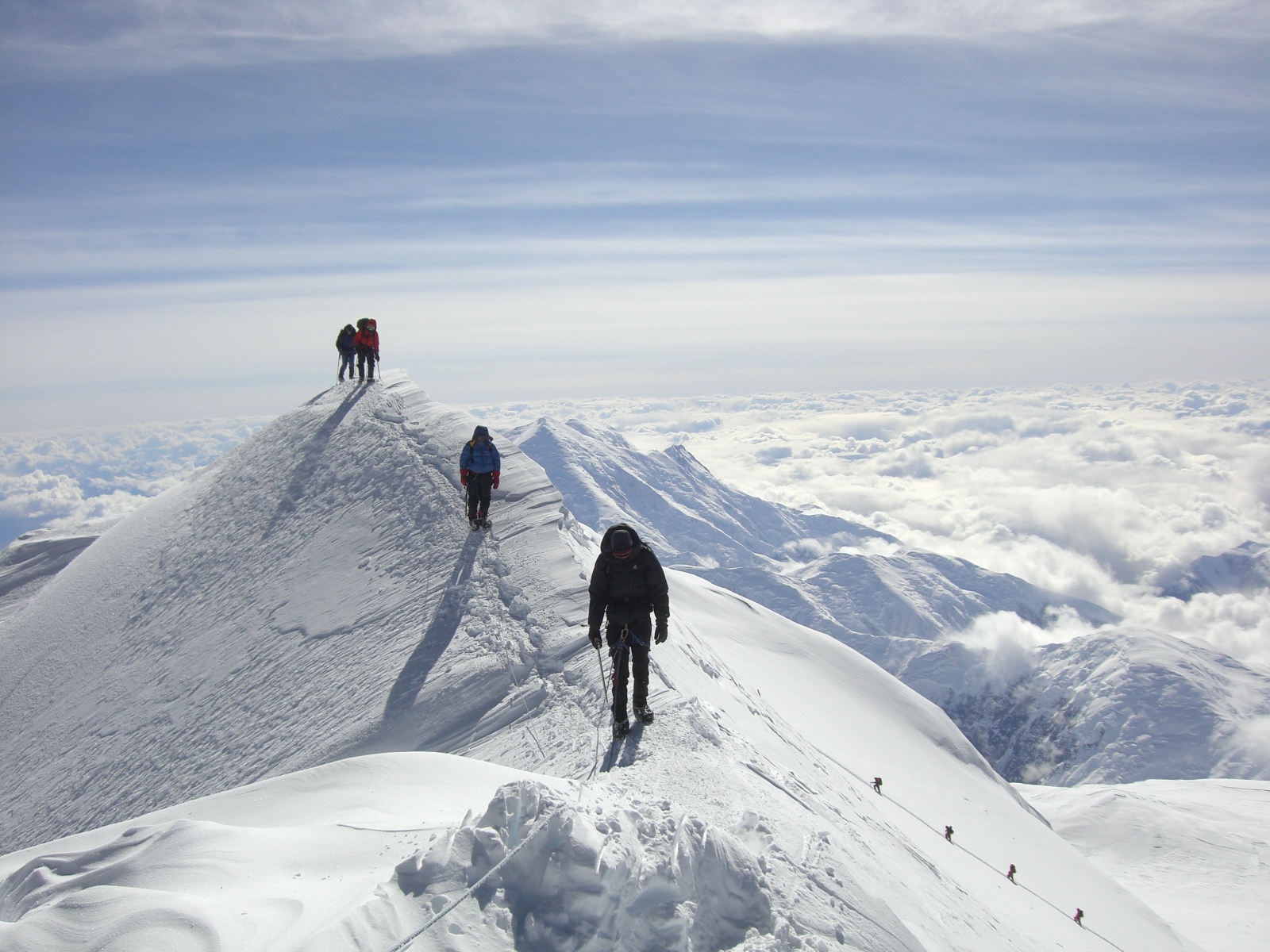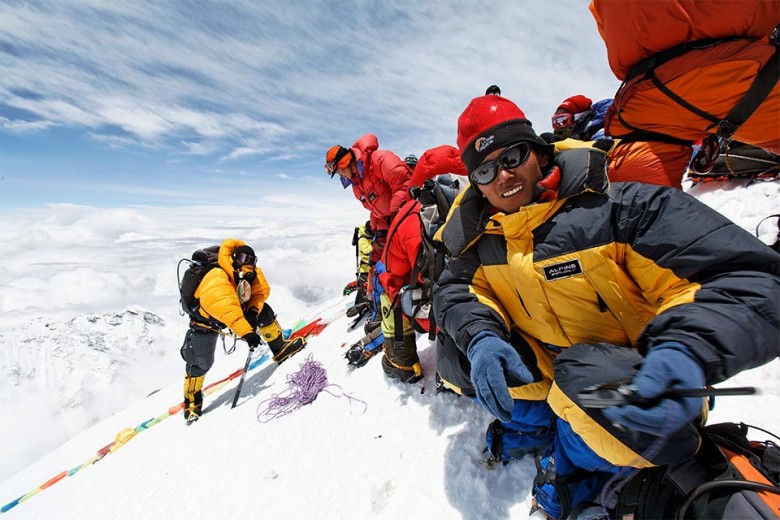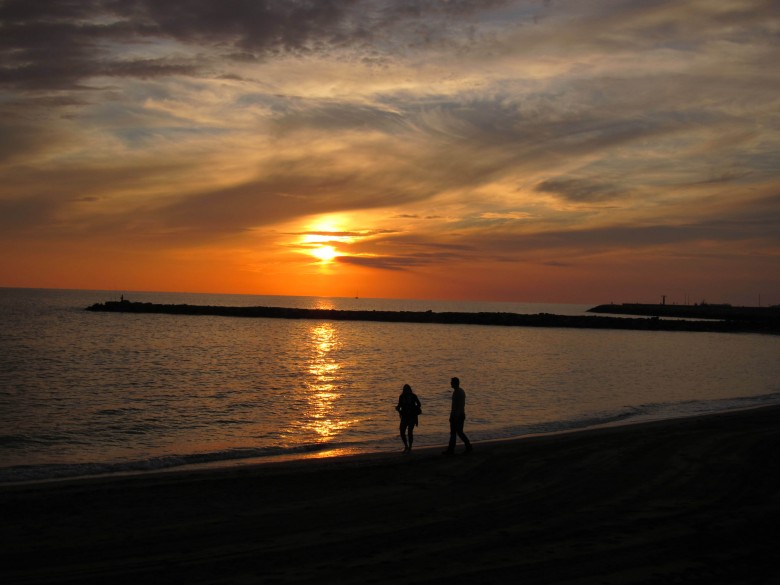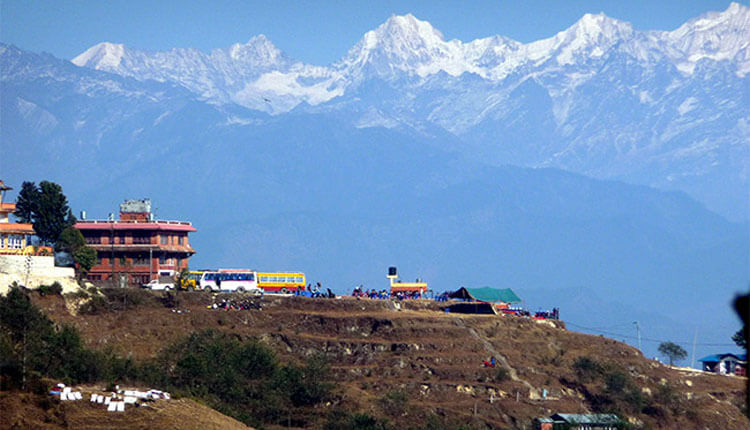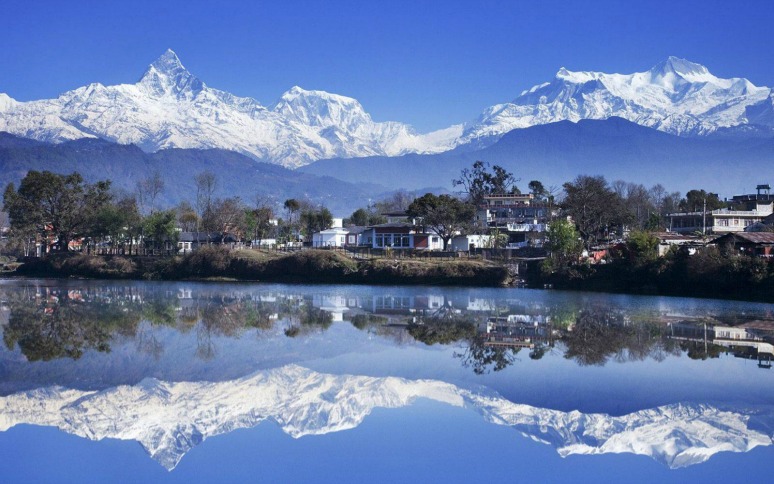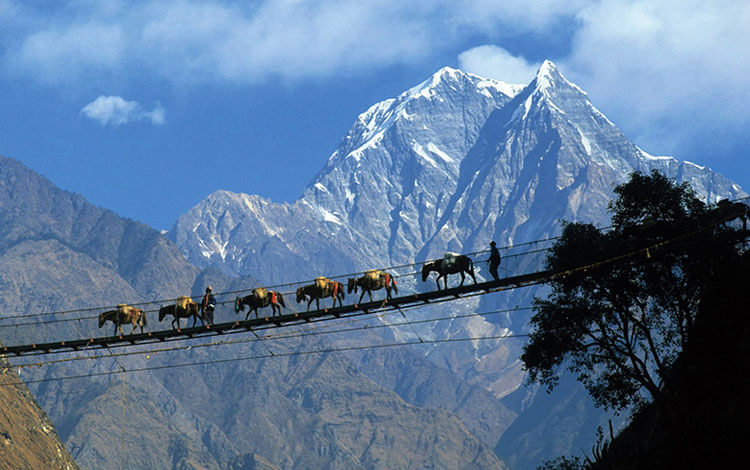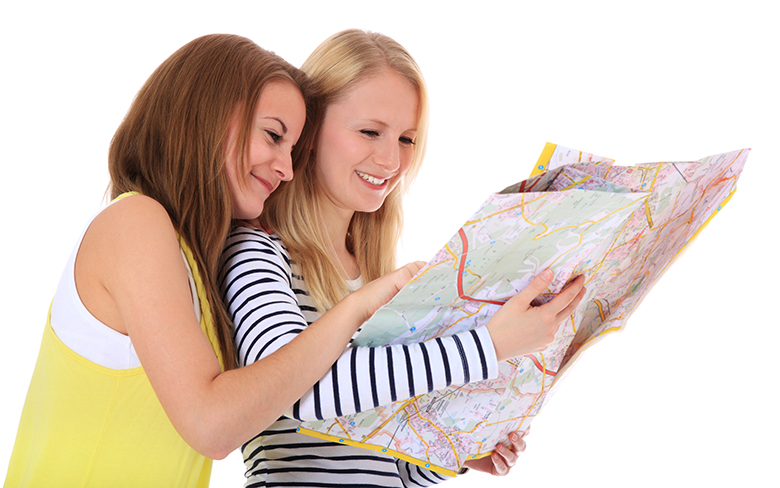Expert Tips to Avoid Acute Mountain Sickness (AMS)
Acute Mountain Sickness refers to the symptom frequent in the high altitude. Many travelers experience the symptoms while traveling above 2500 m of altitude. Any travelers regardless of their age, sex and fitness level are prone to altitude sickness.
The AMS by itself is not very hazardous but never make a mistake of ignoring it. You must treat it on time otherwise it may lead to life threatening medical conditions.
An extreme form of altitude sickness is high Altitude Cerebral Edema (HACE) and High Altitude Pulmonary Edema (HAPE). If not treated on time, they may lead to death.
But, if you take precautions, the symptoms will fade away and you get to enjoy the beautiful trek.
Table of Content
What are the symptoms of Acute Mountain Sickness?
AMS symptoms are not specific, so it can vary from one person to another. It is good to quickly treat it as soon as any one of the symptoms appear.
- Headache is the first and the most common symptom of AMS.
- Dizziness
- Loss of appetite
- Shortness of breath
- Trouble sleeping
- Nausea or Vomiting
- Fatigue or weakness
- Persistent rapid Pulse
- Drowsiness
- Peripheral Edema ( swelling of hands, feet and face)
Planning trip to Nepal and need help?
Tips to avoid Acute Mountain Sickness
a) Acclimatization
The intake of oxygen molecules per breath gets lower as we move to a higher altitude. It is necessary to get adequate oxygen for the long walks in mountains. In low oxygen level, you have to breathe more or adjust to breathe.
Acclimatization is a process of letting the body adjust to the higher altitude. Staying at a place for a day or two for letting the body adjust to the thin air of the mountains is very important.
It is advisable to spend two nights at the same elevation for every 3000 feet of ascend. It is very important for you to spend plenty of acclimatization days while you trek to the Everest region.
b) Hydrate
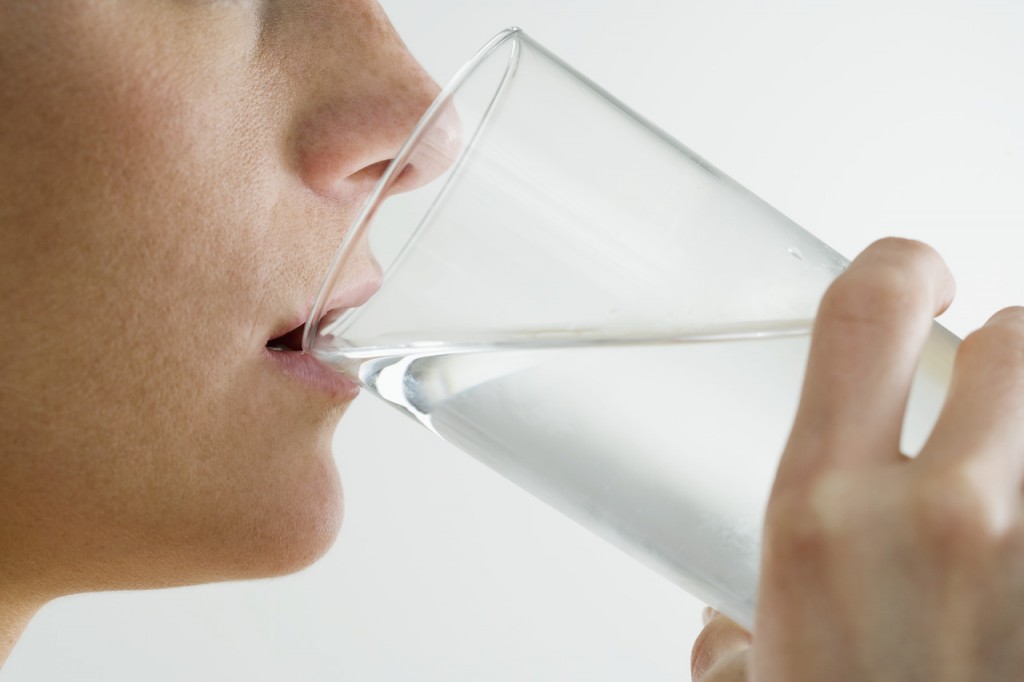
The higher rate of water evaporates from the lungs at higher altitudes. Thus, it is very important to hydrate oneself. Carry a bottle of water and take frequent sips, even if you do not feel thirsty.
If you are losing lots of water through perspiration, you can maintain the electrolyte level with a sports drink. Such drinks help keep your body hydrated by maintaining water level.
c) Say no to Caffeine and alcohol
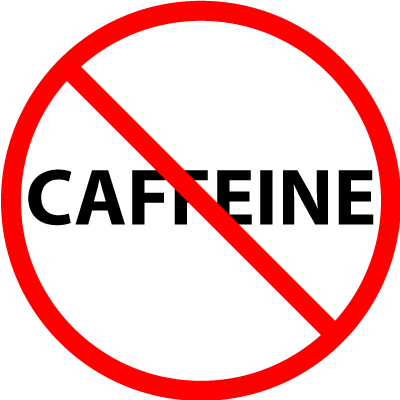
The local homemade alcoholic drink and a cup of beer in the Sherpa villages may be very tempting. But, it is best to stay away from your morning’s dose of caffeine and alcohol during your trek.
Caffeine and alcohol consumption at a higher altitude will increase the likelihood of dehydration. Avoid caffeine and alcohol whenever you ascend high altitudes like Everest Base Camp.
d) Slow and steady wins the Race
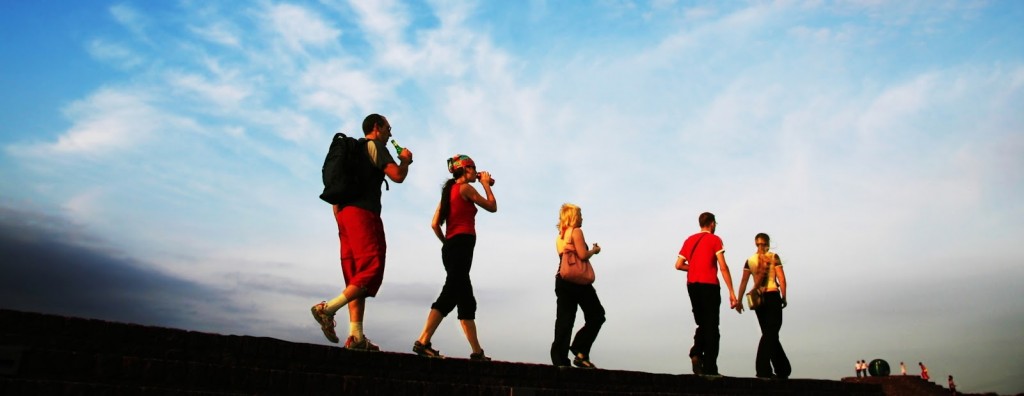
The last thing to do while you trek is to overexert yourself. It is very hard to breathe as you cover a higher altitude but it is definitely wrong to push yourself too hard.
The Everest Trekking is not a race. You can walk slow and steady while enjoying the splendid mountain vista. Resting at the altitude is the best way to avoid altitude sickness.
e) Make your tummy happy
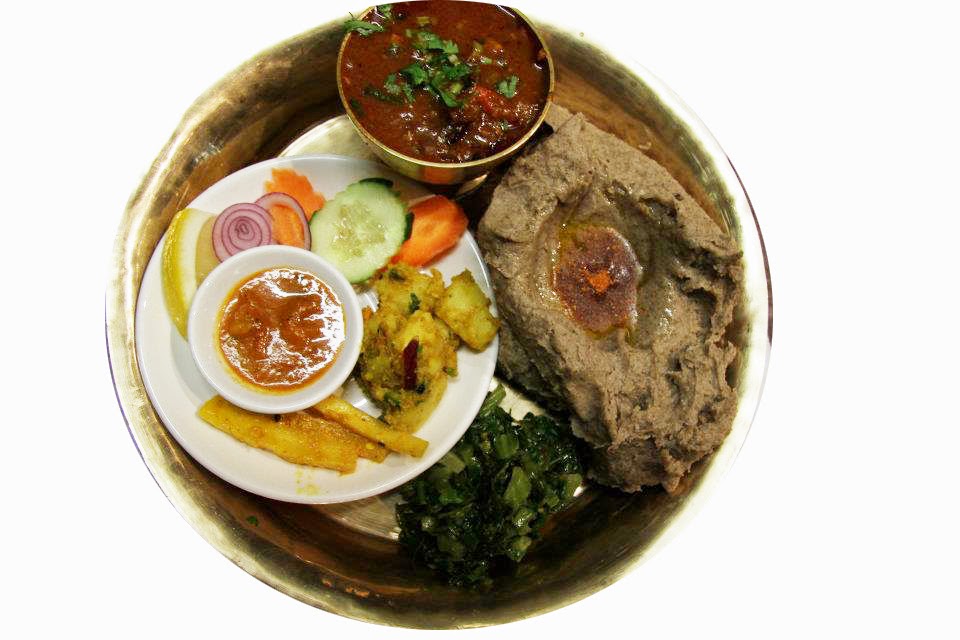
The trekking in the hills requires high energy, thus we recommend you to eat well while you trek. It is advisable to eat a high carbohydrate diet with about 70% calories.
Food rich in carbohydrate and other nutrients supplies you constant energy in the trek. A Good diet also helps to avoid the altitude sickness.
f) Medication

You can also use drugs like Acetazolamide to prevent the Altitude sickness. You can consume acetazolamide twice a day from two days before starting the ascent.
You have to continue the medication throughout the ascent till the next day after reaching the highest altitude.
But, medicines may show different side effects. So, it is better to consult your doctor and take medication as per his\her prescription.
f) Garlic Breath!!
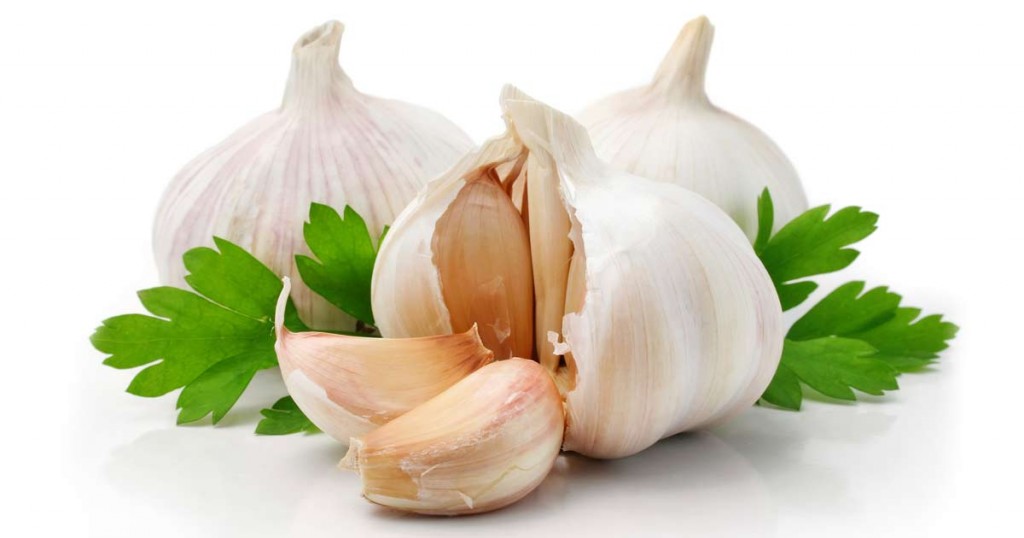
Garlic and Cloves are famous Nepali remedies to avoid the ills done by altitude sickness. Garlic thins the blood and enhances blood flow and cloves help the body to be more efficient oxygen.
Adequate consumption of these two herbs will help you avoid the altitude sickness.
If the symptoms of the altitude sickness continue and worsen, then it is best to go to lower altitude and seek medical help.
Planning trip to Nepal and need help?
